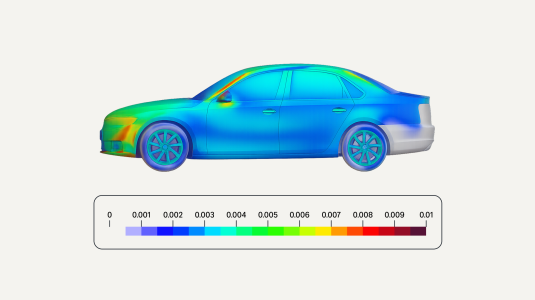Customer-obsessed science


Research areas
-
September 26, 2025To transform scientific domains, foundation models will require physical-constraint satisfaction, uncertainty quantification, and specialized forecasting techniques that overcome data scarcity while maintaining scientific rigor.
-
Featured news
-
2025Large language models (LLM) have demonstrated the ability to understand human language by leveraging large amount of text data. Automatic speech recognition (ASR) systems are often limited by available transcribed speech data and benefit from a second pass rescoring using LLM. Recently multi-modal large language models, particularly speech and text foundational models have demonstrated strong spoken language
-
2025The data on user behaviors is sparse given the vast array of user-item combinations. Attributes related to users (e.g., age), items (e.g., brand), and behaviors (e.g., co-purchase) serve as crucial input sources for item-item transitions of user’s behavior prediction. While recent Transformer-based sequential recommender systems learn the attention matrix for each attribute to update item representations
-
2025We propose a low-shot image classification method called LIMO, which can train an accurate image classification model under conditions of acute data scarcity. LIMO uniquely assembles existing knowledge from a set of diverse models and builds a novel mixture of experts architecture for low-shot image classification. LIMO’s architecture introduces minimal number of new model parameters, such that the added
-
2025Target Speech Extraction (TSE) traditionally relies on explicit clues about the speaker’s identity like enrollment audio, face images, or videos, which may not always be available. In this paper, we propose a text-guided TSE model StyleTSE that uses natural language descriptions of speaking style in addition to the audio clue to extract the desired speech from a given mixture. Our model integrates a speech
-
2025Products on e-commerce platforms are usually organized based on seller-provided product attributes. Customers looking for a product typically have certain needs or use cases in mind, such as headphones for gym classes, or a printer for school projects. However, they often struggle to map these use cases to product attributes, thereby failing to find the product they need. To help customers shop online confidently
Collaborations
View allWhether you're a faculty member or student, there are number of ways you can engage with Amazon.
View all














































